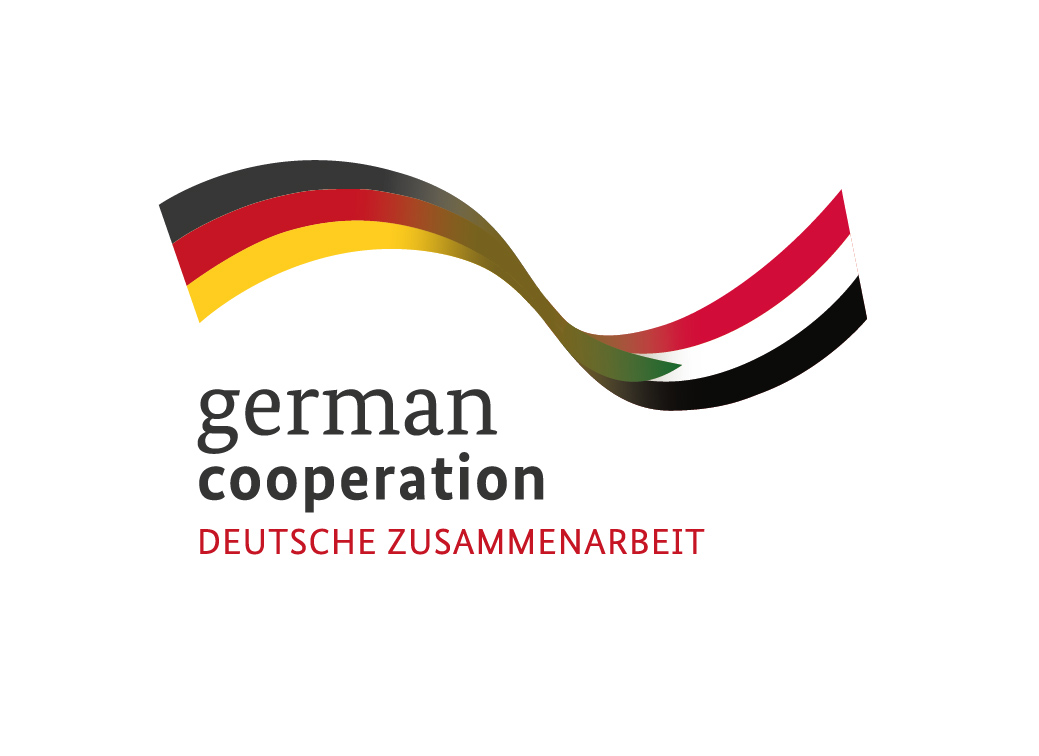 What is International Humanitarian Law?
What is International Humanitarian Law?
International Humanitarian Law (IHL) is a branch of Public International Law (PIL) applicable in times of armed conflict. PIL is the body of rules governing interactions between and among states, and is distinct from domestic law, which pertains to the set of rules applicable within a specific state. PIL is encapsulated in:
- treaties and conventions, which are binding agreements between states;
- customary international rules, which refer to norms and practices that have evolved over time through consistent and general state practice accepted as obligatory because of a belief, “opinio juris”, that these practices are required by law. These customary rules of law are thus considered to be legally binding;
- general principles of international law; and,
- case law.
The terms “international humanitarian law”, “the law of armed conflict” and “the laws of war” all refer to the same area of law that governs international and non-international armed conflict. The latter two are mainly used by the armed forces, while IHL is essentially used by other actors, such as humanitarian organisations.
Why is IHL important?
IHL seeks to protect persons and property affected or liable to be affected by armed conflict, and restricts the means and methods of warfare that can be utilised by the parties to the conflict. Once an armed conflict has commenced, IHL is applicable, regardless of arguments about the legality or otherwise of the conflict itself.
Aims of IHL
- Protection
Those who do not or no longer participate in hostilities are afforded protection by IHL. Special protection is afforded to women and children, humanitarian actors, journalists, and civilian objects, among others.
- Regulating the conduct of hostilities
The conduct of hostilities is governed by the following principles:
- the principle of distinction is the cornerstone of IHL and stipulates that parties to a conflict must at all times distinguish between the civilian population and combatants, as well as between civilian objects and military objectives, in order to spare the civilian population and civilian property;
- the principle of proportionality prohibits attacks which may be expected to cause incidental loss of civilian life, injury to civilians, damage to civilian objects, or a combination thereof, and which would be excessive in relation to the concrete and direct military advantage anticipated;
- people who do not or can no longer take part in hostilities are entitled to respect for their lives and their physical and mental integrity. Such people must in all circumstances be protected and treated with humanity, without any unfavourable distinction whatsoever;
- it is forbidden to use weapons or methods of warfare that are likely to cause unnecessary losses or excessive suffering; and lastly,
- the principle of precaution requires that in the conduct of military operations, constant care must be taken to spare the civilian population and civilian objects. All feasible precautions must be taken to avoid, or in any event, to minimise incidental loss of or injury to civilians and damage to civilian objects.
Applicability of IHL
As mentioned above, IHL is only applicable in situations of armed conflict. It does not apply to internal tensions or disturbances, or to isolated acts of violence. Moreover, it applies equally to all sides of a conflict, regardless of which party initiated it.
Definition of armed conflict
The Geneva Conventions of 1949 and the Additional Protocols of 1977 do not define “armed conflict”. The International Criminal Tribunal for the former Yugoslavia provided a definition in the Tadic Appeals decision on jurisdiction, in which the Appeals Chamber laid down that, an “…armed conflict exists whenever there is a resort to armed force between states or protracted violence between governmental authorities and organised armed groups or between such groups within a state.”
From this description, it is clear that an assessment of the situation must first be made to determine whether or not an armed conflict exists. The second step involves qualifying the situation, which according to the above definition can be of one of two types, namely, an international or a non-international armed conflict, or a combination thereof. While the former is between states, the latter is between state forces and non-state actors, such as rebel groups, militias, and the like.
This assessment and qualification exercise is pivotal because there are legal and practical consequences -including the set of rules applicable- which flow from ascertaining whether a conflict is international or non-international.
How is IHL Enforced?
IHL is enforced in various ways including:
- State obligations
States have an obligation to respect and ensure respect for the law. They have an obligation to teach the rules of IHL to their armed forces and to the general public. In addition, they have the obligation to repress crimes by ensuring that violations are prevented, or alternatively punished in the event that they occur. States must also enact legislation that provides effective penal sanctions to punish the most serious violations of the Geneva Conventions and the Additional Protocols. These violations are referred to as war crimes. States must also provide assistance in connection with criminal proceedings, which includes the extradition of suspects to face trial.
- Domestic and international processes
Under the principle of complementarity, states have the obligation to prosecute perpetrators in their domestic courts. They are expected to enact legislation that would enable these prosecutions. Where a state is unable or unwilling to try international crimes (war crimes, crimes against humanity or genocide), international tribunals such as the International Criminal Court or other mechanisms can try those who bear responsibility for such violations.
Implementation of IHL-related conventions by the Government of Sudan
Sudan has ratified the Geneva Conventions I – IV (Sudan became a State Party in 1957) and the 1977 Additional Protocol I (acceded to on 7 March 2006) and Additional Protocol II (acceded to on 13 July 2006). It has also enacted legislation that is relevant to the prosecution of international crimes, in the form of the 1991 Criminal Act (as amended in 2009) and the Armed Forces Act (as amended in 2007).
Challenges and weaknesses in the application of IHL
Unfortunately, violations of IHL are common in conflicts. These violations are not always redressed by domestic courts or international tribunals. Key challenges are respect for the law and weak institutional frameworks to ensure its enforcement. Other challenges include a lack of political will to prosecute, especially where violations are known to have occurred. In addition, insufficient training of the armed forces or armed groups results in limited understanding of and expertise in the laws and customs of war. In some cases there may also be a deliberate disregard of the law by the parties to the conflict. Consequently, civilians remain the primary casualties during wartime, especially in situations where there is limited humanitarian space for assistance to be provided.
Despite the fact that IHL is not always respected, it still remains applicable at all times during armed conflict and is a useful legal regime. There is a role for civil society, humanitarian professionals, the United Nations and other actors, who can all contribute to enhancing respect for the law.
Key takeaways
- IHL is applicable only in situations of armed conflict.
- IHL consists of a set of rules, which seeks to protect persons and property affected by or liable to be affected by the conflict and restricts the means and methods of warfare.
- Sudan is a State Party to the Geneva Conventions of 1949 and the Additional Protocols of 1977. It has enacted the 1991 Criminal Act (as amended in 2009) and the Armed Forces Act (as amended in 2007), which are relevant to the prosecution of international crimes.
- IHL is enforced through obligations provided in IHL conventions that bind states to respect and ensure respect for the law, and through domestic and international processes such as criminal trials.
- Violations of IHL are common in all conflicts. These violations are not always redressed by domestic courts or international tribunals. When it comes to application of the law, key challenges are respect for the law and weak institutional frameworks to ensure its enforcement.
- While IHL is not always respected, it still remains applicable at all times during armed conflict and is a useful legal regime.
Useful links and reading materials
- Rome Statute to the International Criminal Court (EN) (AR)
- ICC situation in Darfur, Sudan (EN)
- International Humanitarian Law: Answers to Your Questions, ICRC June 2020 (EN) (AR)
- Increasing Respect for International Humanitarian Law in Non-International Armed Conflicts, ICRC, June 2020 (EN)(AR)
- Healthcare in Danger: A Harsh Reality, ICRC 11 June 2020 (EN) (AR)
 What is International Humanitarian Law?
What is International Humanitarian Law?
